Expunctions and Non-Disclosures
Something as simple as an arrest can follow you for life, impacting your ability to secure employment, housing, and other opportunities. However, Texas law offers ways to clear or seal your record through expungement or non-disclosure orders, giving you a fresh start!
We specialize in helping clients navigate the process of expungement and non-disclosure. Expungement allows for the complete removal of certain offenses from your record, while a non-disclosure order seals your record from public view, making it accessible only to certain government agencies.
We will assess your eligibility, guide you through the necessary legal steps, and advocate on your behalf to ensure the best possible outcome. Take control of your future — contact us today to learn how we can help you clear your record and move forward with confidence.
What is the difference?
Here are some key differences between an expunction and a non-disclosure:
Who can access the record?
-
An expunction completely erases the criminal record as if the offense never occurred. Once the order is granted, government and private entities will be prohibited from accessing or disclosing the expunged records.
-
Non-disclosure does not erase the criminal record, but instead limits who can access it. Generally, the record is concealed from public access, improving employment and housing prospects. However, government agencies will still have access to view the record.
Can I deny the existence of my arrest or case?
-
Once the expunction order is granted, you can legally deny the incident ever happened. This may be beneficial to when applying to schools or trying to obtain employment.
-
Unfortunately, with a non-disclosure you may not deny the incident occurred, as governmental agencies can still view the record. However, since the record will be concealed from public access, obtaining a non-disclosure is a considerable benefit for those facing barriers to housing, employment, or educational opportunities.
Who qualifies for an expunction?
Under Texas Law you may qualify for an expunction if:
The Texas Governor pardoned you.
✔
Your case was dismissed.
✔
Your case was no-billed by a grand jury.
✔
You were arrested, but no charges were ever brought against you.
✔
The waiting period has expired:
Felony - Three years from offense date.
Class A or B Misdemeanor - One year from offense date.
Class C - Six months from offense date.
Acquittal - No waiting period.
Completion of a Diversion Program - No waiting period.
Pardoned by Texas Governor - No waiting period.
✔
A judge, jury, or appellate court acquitted you.
✔
You had a Class C misdemeanor that was dismissed after successfully completing a deferred adjudication probation.
✔
Your charge was dismissed following the successful completion of a diversion program.
✔
The prosecutor recommended your case for an expunction.
✔
You are not eligible to get an expunction if:
Your case is pending.
✘
You were convicted.
✘
You were placed on probation or deferred adjudication for a felony, class A, or class B misdemeanor.
✘
You were charged with a crime as a part of a criminal episode and the companion case is ineligible for an expunction.
✘
Who qualifies for a non-disclosure?
Under Texas Law you may qualify for a non-disclosure if:
You were charged with a non-violent misdemeanor.
✔
You were placed on deferred adjudication and successfully completed it.
✔
The waiting period has expired:
Felony - Five years after successful completion of deferred adjudication.
Misdemeanor - Two years after successful completion of deferred adjudication for cases that involve endangerment or public safety concerns.
Offenses that do not involve violence, endangerment, or certain public safety concerns may be eligible for immediate non-disclosure.
✔
Certain victims of trafficking persons.
✔
You may not eligible for a non-disclosure if:
You are seeking a non-disclosure for a class A DWI or higher or your BAC was over 0.15.
✘
✘
If while on community supervision, you were convicted of or placed on community supervision for another offense.
You have never been convicted for or are seeking the non-disclosure for the following charges:
Murder
Capital Murder
Aggravated Kidnapping
Injury to Child, Elderly Individual, or Disabled Individual
Abandoning or Endangering a Child
Crime Involving Family Violence
Stalking
Sexual Offense
✘
REQUEST A FREE CONSULTATION TODAY!
Facing criminal charges can be daunting, but you don’t have to do it alone. At KNG Law, we provide legal representation that is tailored to your individual needs, while you navigate this challenging time. Whether you're confronting a misdemeanor, felony, or seeking to clear your record, our dedicated criminal defense attorneys will fight vigorously to protect your rights and pursue the best possible outcome for your case.
Reach out to us today for a confidential consultation. We’ll listen to your story, explain your options, and start building a strong defense strategy tailored to your case. Don’t face this battle alone — contact us now and let us stand by your side every step of the way.
